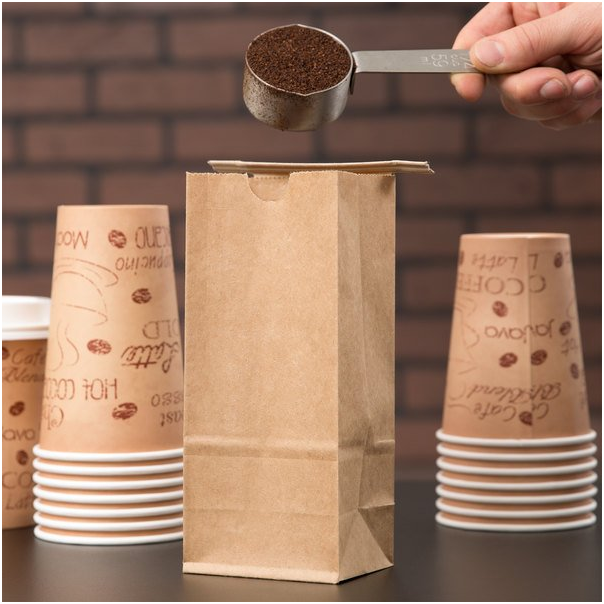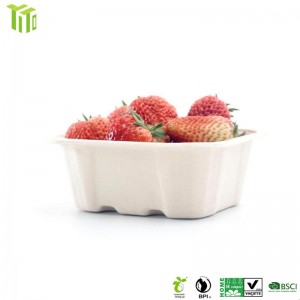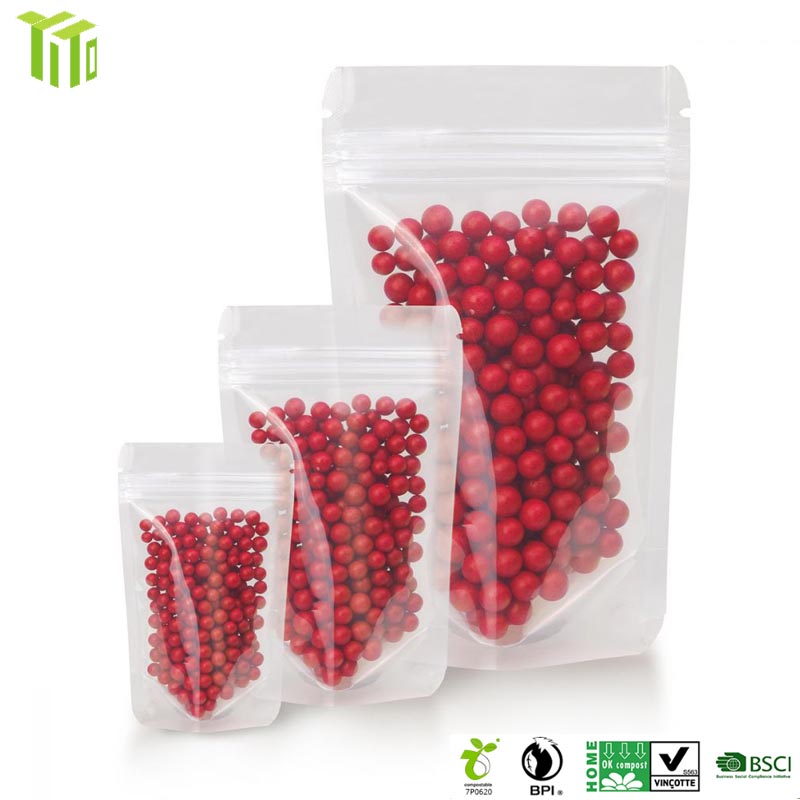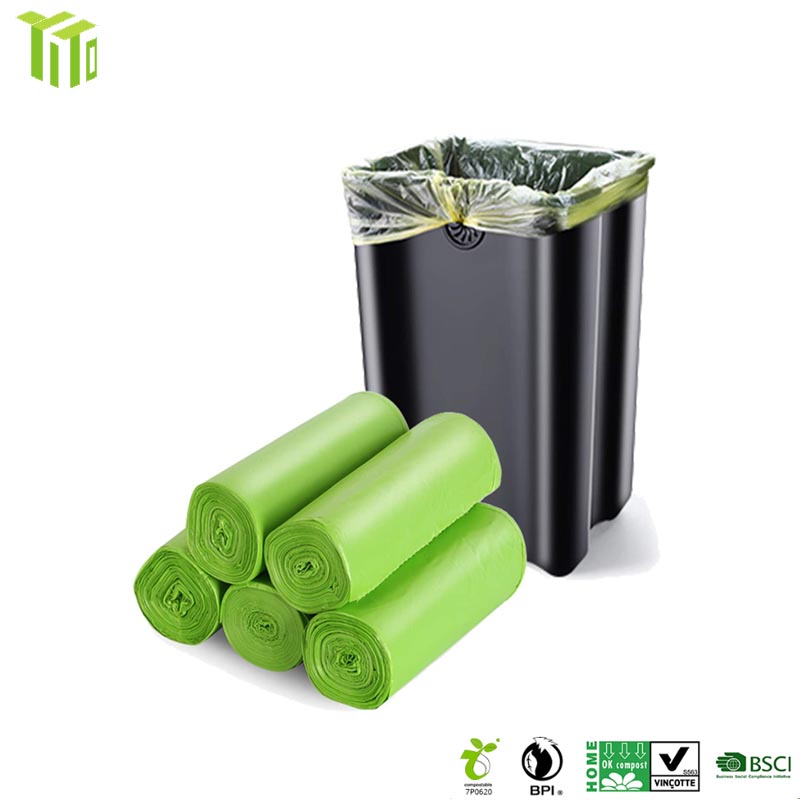Compostable food packaging is made, disposed of and breaks down in a manner that is kinder to the environment than plastic. It is made from plant-based, recycled materials and can return to earth quickly and safely as soil when disposed of in the right environmental conditions.
What is the difference between biodegradable and compostable packaging?
Compostable packaging is used to describe a product that can disintegrate into non-toxic, natural elements. It also does so at a rate consistent with similar organic materials. Compostable products require microorganisms, humidity, and heat to yield a finished compost product (CO2, water, inorganic compounds, and biomass).
Compostable refers to the ability of a material to naturally decompose back into the earth, ideally without leaving any toxic residue. Compostable packaging materials are usually made from plant-based materials (like corn, sugar cane, or bamboo) and/or bio-poly mailers.
What's better biodegradable or compostable?
Although biodegradable materials return to nature and can disappear completely they sometimes leave behind metal residue, on the other hand, compostable materials create something called humus that is full of nutrients and great for plants. In summary, compostable products are biodegradable, but with an added benefit.
Is Compostable the Same as Recyclable?
While a compostable and recyclable product both offer a way to optimize earth’s resources, there are some differences. A recyclable material generally has no timeline associated with it, while the FTC makes it clear that biodegradable and compostable products are on the clock once introduced into the “appropriate environment.”
There are plenty of recyclable products that are not compostable. These materials will not “return to nature,” over time, but will instead appear in another packing item or good.
How quickly do compostable bags break down?
Compostable bags are usually made from plants like corn or potatoes instead of petroleum. If a bag is certified compostable by the Biodegradable Products Institute (BPI) in the U.S., that means at least 90% of its plant-based material completely breaks down within 84 days in an industrial compost facility.
Related Products
Post time: Jul-30-2022




